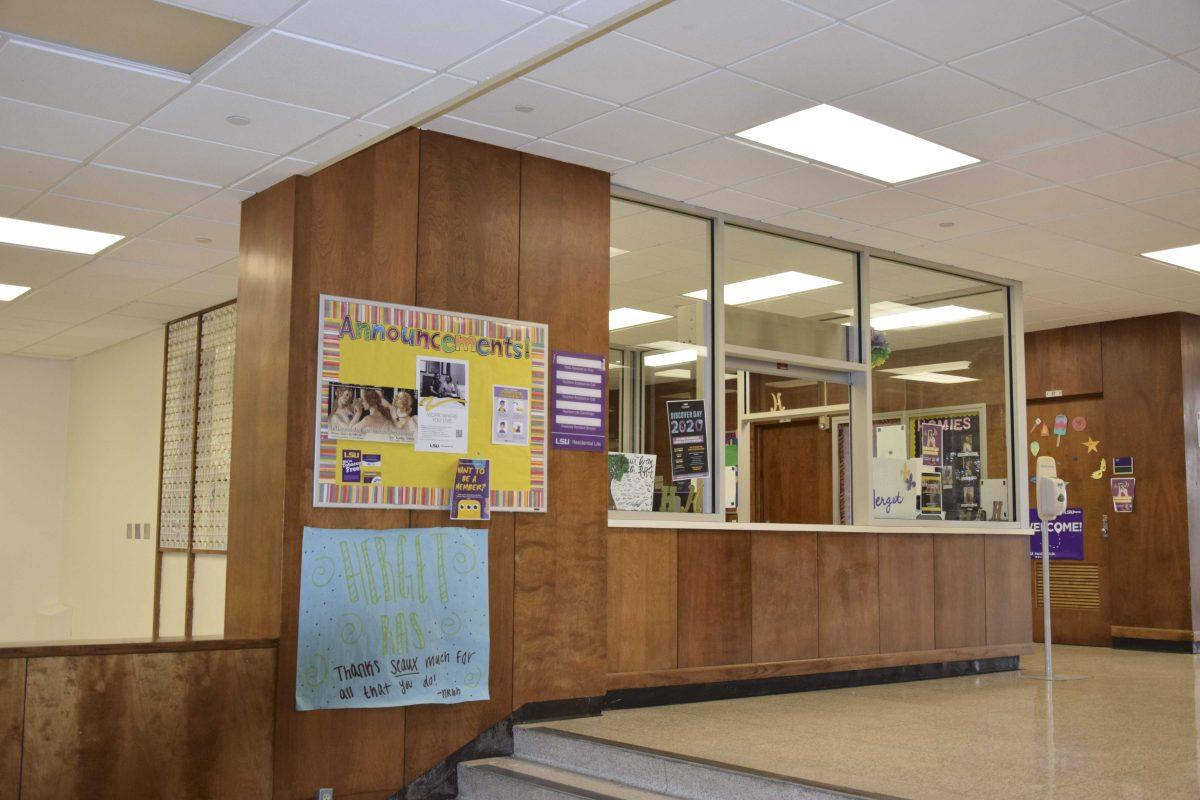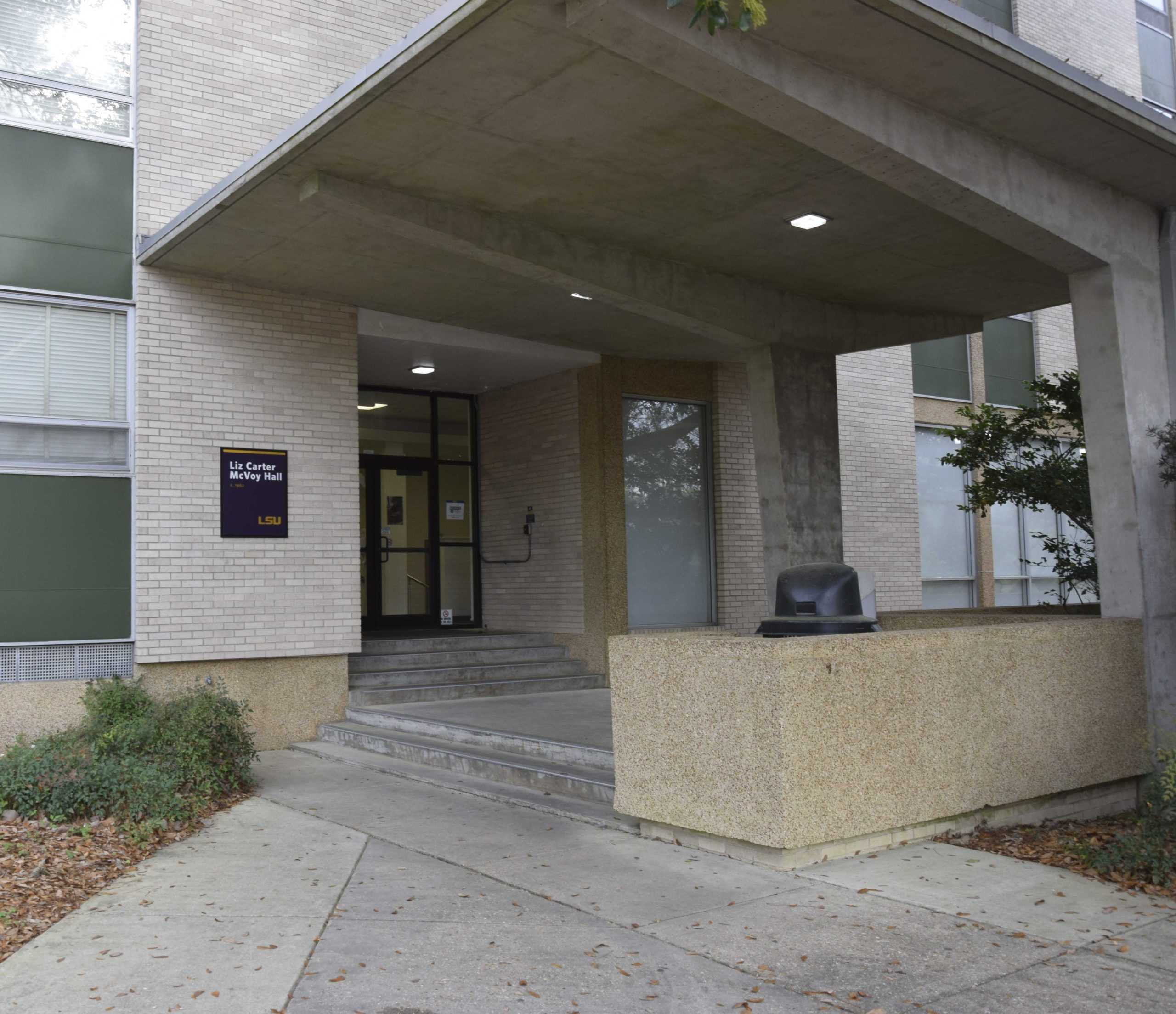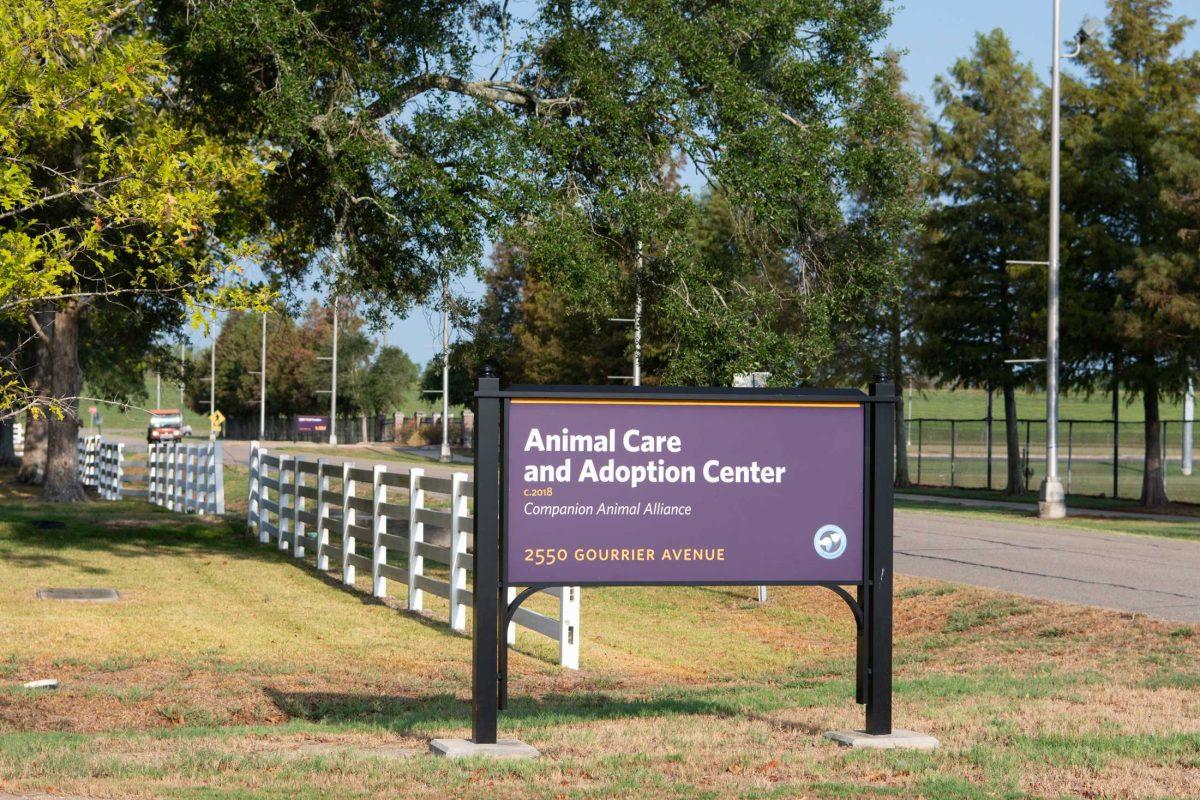On Sept. 9, an account titled @concernedlsuras debuted on Twitter and Instagram, opposing RA policies related to COVID-19 and workloads.
According to an RA who spoke to the Reveille on the condition of anonymity, the issues began back in August, when multiple RAs felt their workload was too high. They said mandatory RA and resident communication was increased even with COVID-19 because residents last year reported not feeling connected to their neighbors.
Residential Life expects RAs to individually meet with all of their residents every two weeks, a difficult task according to the RA. This regulation has since changed to add more meeting times.
In response to this new guideline, multiple RAs quit and a GroupMe was started to formulate a plan.
As a first attempt, the group wrote a letter to Director of Residential Life & Education Bill Mattera detailing the concerns.
The letter said the department argued “intentional interactions” are more important than short exposure to residents. It also requested more information on employment security and the shifting of responsibilities for isolated RAs and their non-isolated co-workers.
“At the larger community level, we urge you to provide us with information on what procedures will take place if our communities experience large outbreaks and whether the department has the resources to support all students in quarantine or isolation,” the letter read.
The letter asked for increased transparency on the new community engagement model. The new model focuses on creating communities and RAs are now responsible for executing floor dinners, community time, floor programs, all-hall programs, intentional interactions and more, according to the letter.
“To our knowledge, RA input was not including when developing the model,” the letter read.
Lastly, the letter requested a commitment to diversity, equality and inclusion.
“Just within the last year, RAs have reported being subject to hateful attacks within our communities but follow-up has been adequate or nonexistent,” the letter read.
The letter cited an incident where an RA in a first-year community faced racial slurs from their residents. After they reported the incident, they were never contacted again.
“This has highlighted a lack of support for our student staff and has created anxiety and exclusion,” the letter read.
The letter received no response, according to the RA.
Associate Director of Residential Life Communication Catherine David said RAs were given a space to share their concerns.
“We have listened to feedback from current staff members, offered various meeting opportunities to the anonymous group of the petition, arranged town hall meetings to open communication, and supported the creation of an RA Advisory Board made up of elected peers to represent the RAs in direct conversation with Residential Life leadership,” David said. “We continue to listen and remain open to discussing the petitioners’ perception of the job responsibilities and safety concerns.”
According to the RA, the main reason for the account was lack of communication. They claimed that training and protocol wasn’t discussed until just before the semester began.
“We understand that [they want residents to connect], but they have to communicate when this is implemented because we’re students first,” the RA said. “I didn’t get any training or emails over the summer until August.”
The RA said that when concerns were brought up, RAs were told to leave if they didn’t like the new guidelines.
“With the pandemic, Residential Life basically said ‘students come first. It’s your job. If you don’t like it, you can leave’, but some people rely on this job for housing and pay,” the RA said. “A lot of people are thinking, ‘if I quit I’m basically homeless or broke, but if I don’t quit then I’m at risk for COVID.’”
Residential Life maintains that safety is their top priority.
“Throughout preparing for the semester and now in the semester, our students’ wellness and safety have been our top priorities and decision-making guides,” David said. “Resident assistants are an important part of the on-campus experience, and we value their hard work and feedback.”
As of now, the RA said the purpose of the account is to gain support and encourage Residential Life to operate with more transparency and make decisions that are conscientious of the RA’s concerns.
The RA said they are hoping to get enough traction from the student body to support their movement.
“We’re wanting more transparency with Residential Life and COVID cautions, especially for us; with the residents they’re going hard-core, but they’re throwing us out there,” the RA said. “We just want people to consider our demands.”







